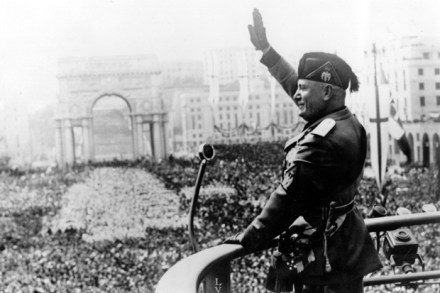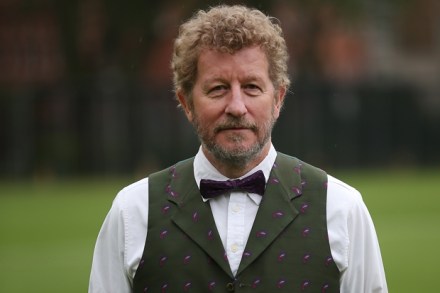Beyond the looking-glass
Children’s fantasy literature has never been just one thing. Animal fables, folk and fairy tales were not originally intended for a child audience, while the relatively recent phenomenon that is entertaining (rather than principally didactic) children’s literature has many origins that are not fantastic at all. Michael Levy and Farah Mendlesohn draw a line — well, many lines — from these assorted beginnings to today’s world, in which fantasy specifically aimed at young readers is a large and noisy part of the publishing market, but still very far from a single coherent one. Much of the category’s mutation over the centuries can be explained contextually: political pressures, economic changes, advances




















